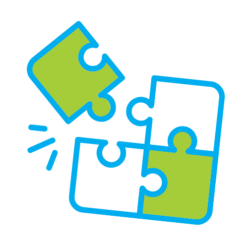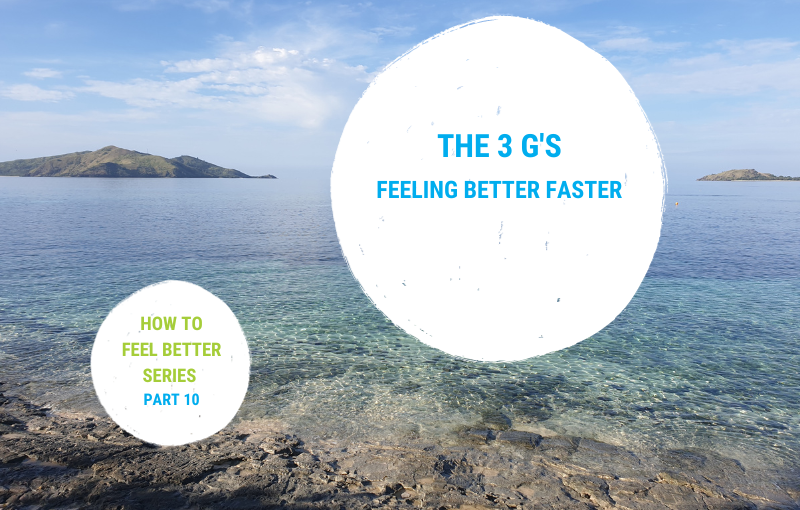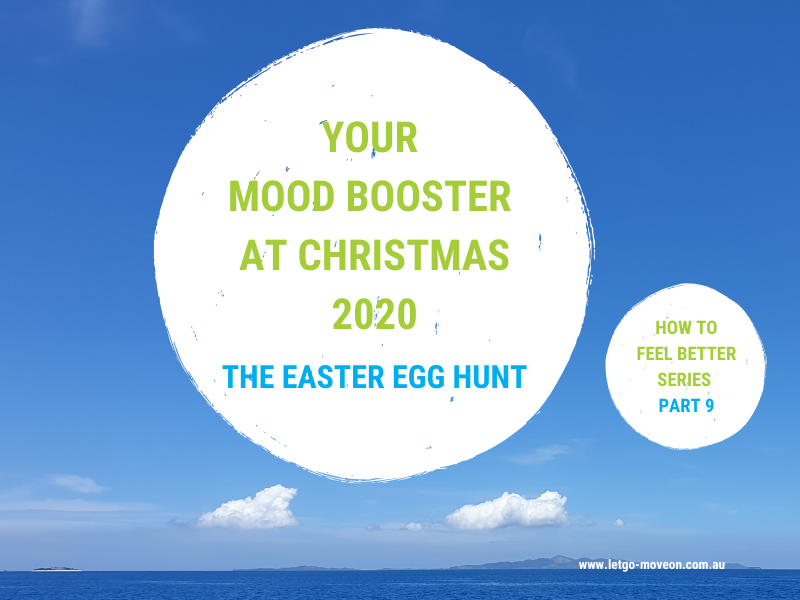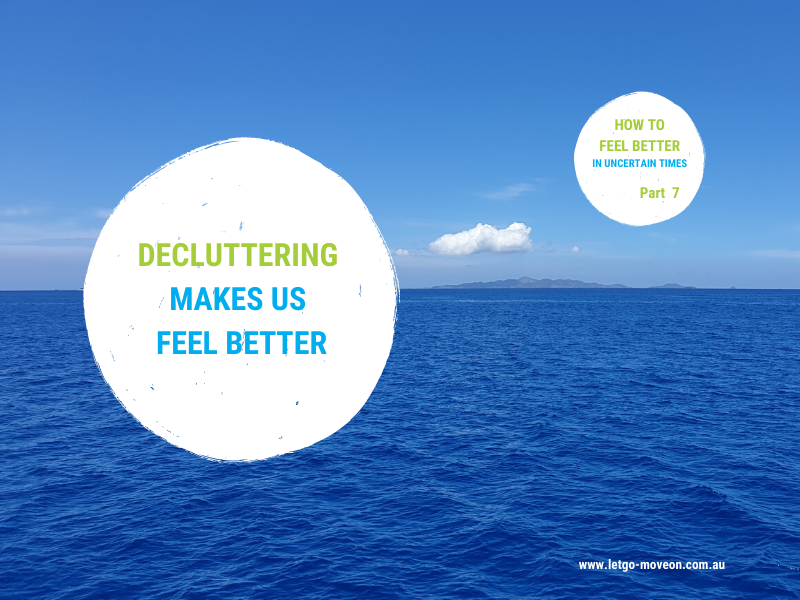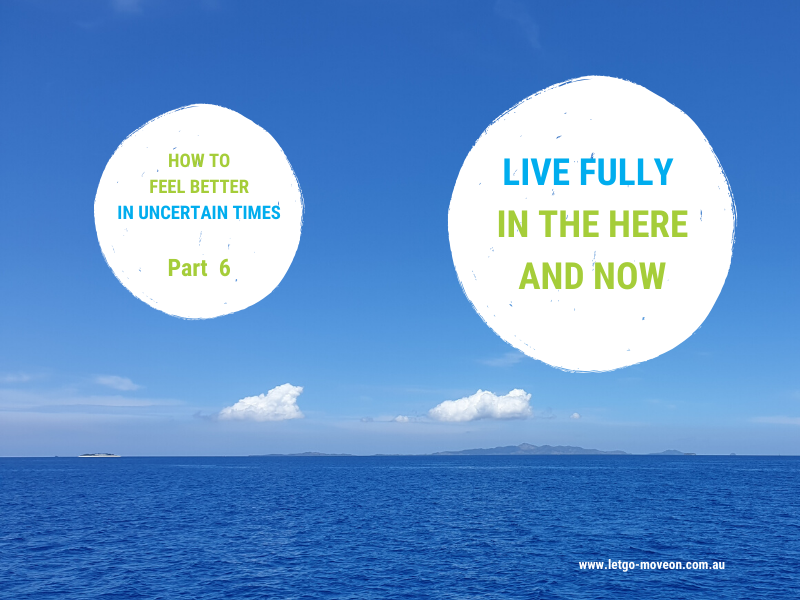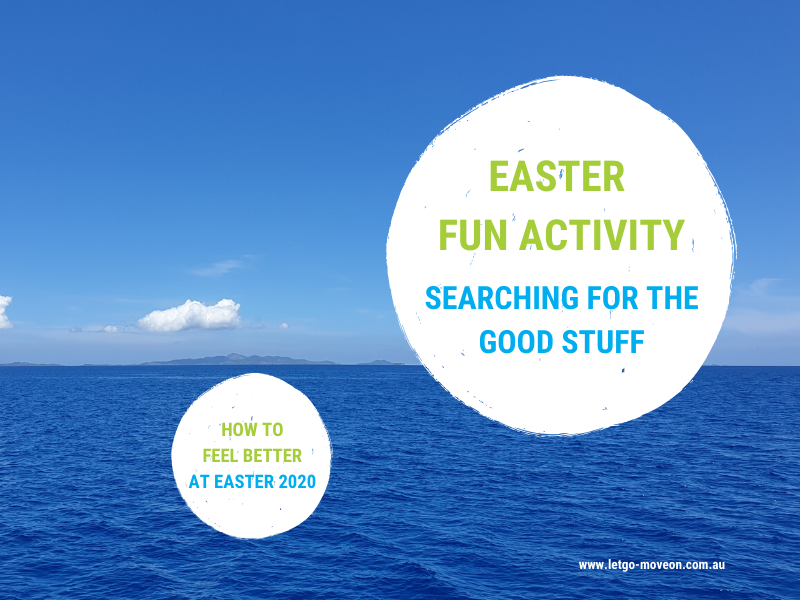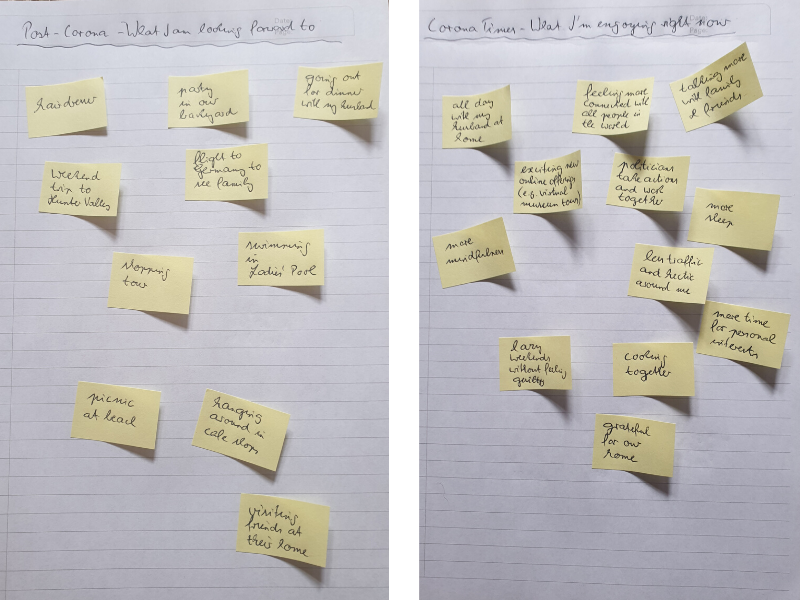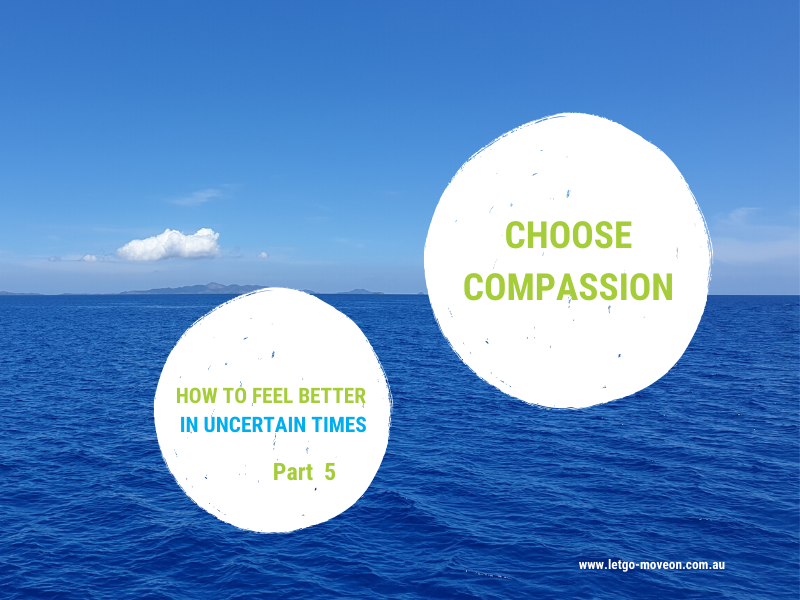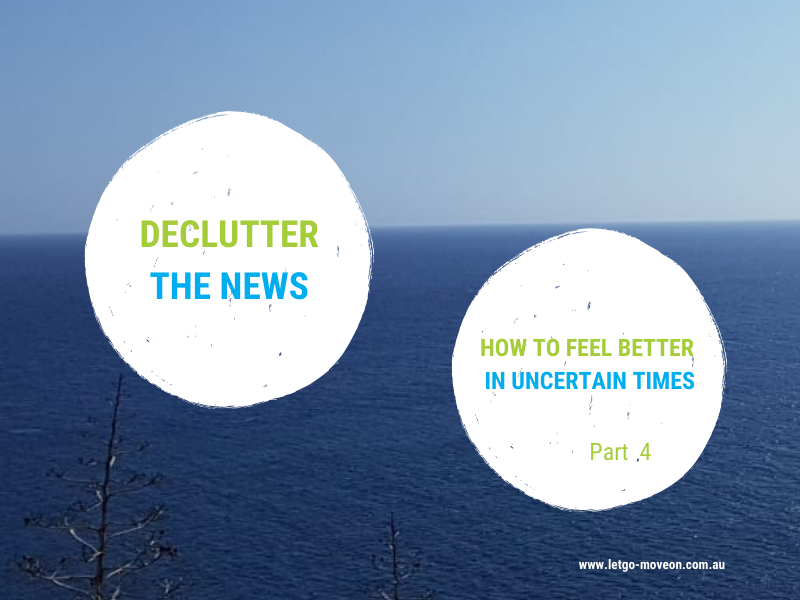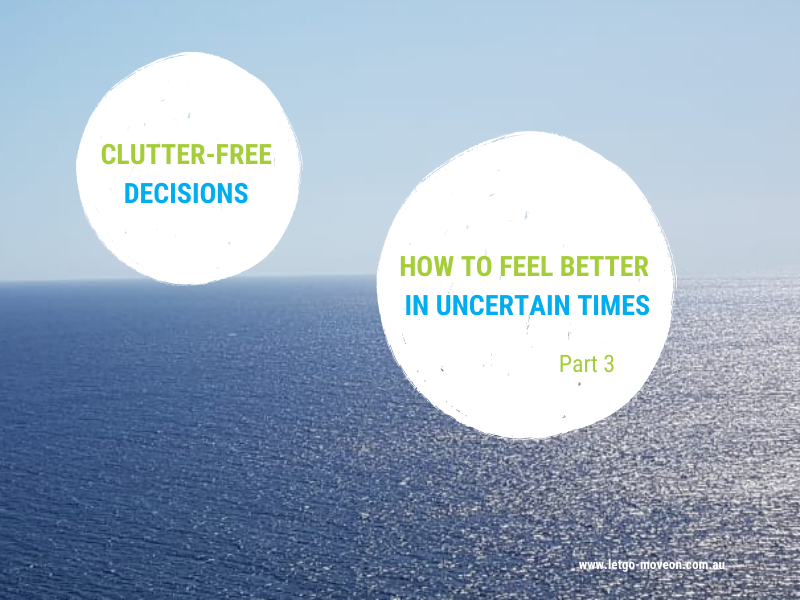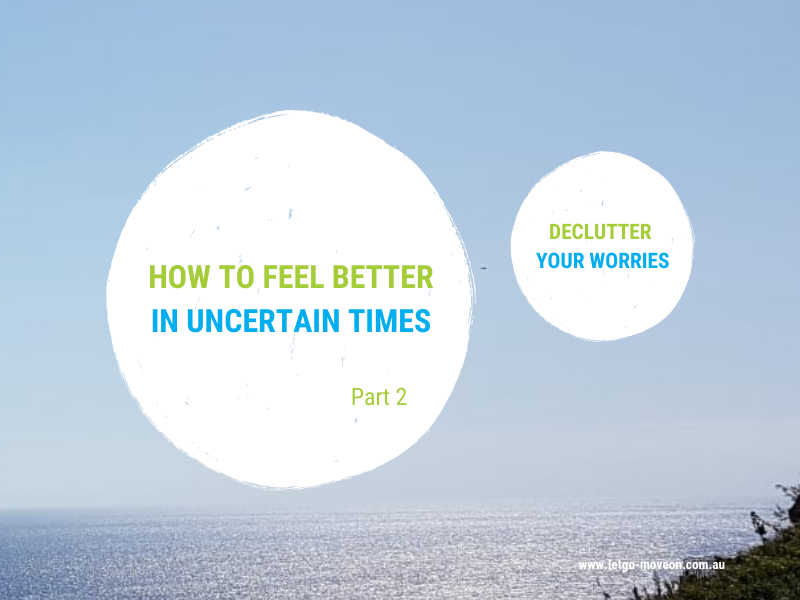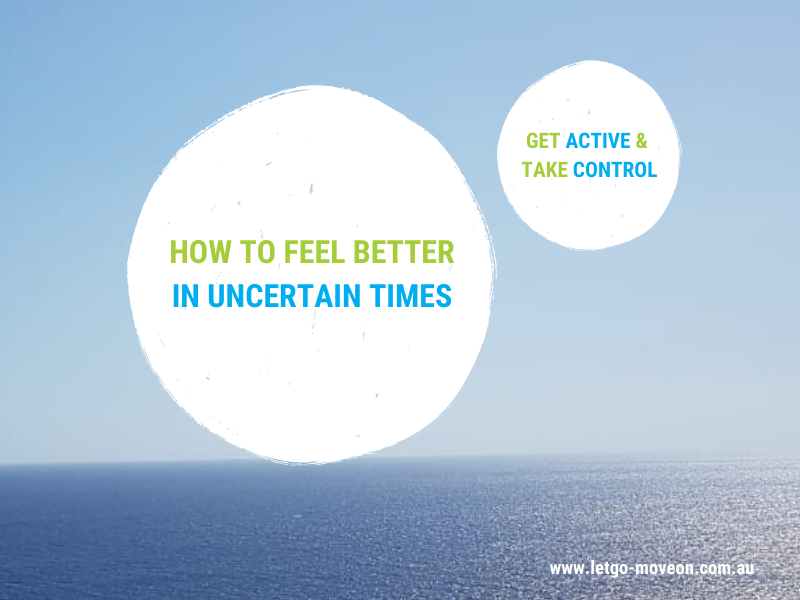Why we are all freaking out a bit right now, in the middle of a pandemic, and why we experience more resentment and anger inside and around us.
We tend to forget that life is risky.
We all ‘know’ that life is a 50:50 experience – that it’s sometimes nice and sunny and easy, and sometimes bad and dark and hard.
Many of us have had their package of disruptive and drastic life experiences which taught them that at any time something can happen that changes everything.
However, during ‘normal’ periods of our life, when things are how they used to be or how we expect them to be, we tend to feel safe, and we suppress the ‘knowledge’ that things could be different.
When our life is mostly easy and quite comfortable, we often get to believe that that’s what life is and always should be: quite easy and comfortable. And predictable.
But it’s not, as we actually – deep inside – ‘know’. Life is fragile. It always was.
Life was never supposed to be just easy, comfortable and predictable. Being alive has always been and will always be risky and dangerous. At least half of the time.
We have never been exempt from the human experience of fear and uncertainty and risk and death. We just forgot that while everything was running rather smoothly, or at least in a predictable way.
Now we got a tough reminder.
Now we know better. Currently, we are all experiencing life differently than we ever have. We have never been where we are now.
It’s like the whole world has turned upside down. Our life is no longer as is used to be, and it continues changing, day by day.
Everything is uncertain now, and we don’t know what’s going to happen tomorrow, next week, next month.
A new collective experience: Crazy minds – everywhere.
Our human mind is trained in and very good at looking out for danger, and so it’s terribly afraid of uncertainty. That’s why our mind is freaking out right now.
The very special element in our current life experience is that not only our own mind is freaking out. Everyone’s mind has got crazy.
We are all in this together.
This feels good most of the time, it’s comforting and reassuring that we are not alone in this, that everyone else is sharing the experience with us.
At other times, it’s frustrating. We not only have to somehow manage to keep our own crazy mind under control, we also have to arrange ourselves with the madness of other people’s minds.
What can we do to make things better?
We are completely in control of our own mind.
That’s so good to know.
We don’t have to allow our mind to stay mad and crazy. We can take the lead by telling our mind what we want to think about ourselves and the circumstances in our life.
And by intentionally choosing the thoughts we want to think we can change our feelings – which are always created by our thinking.
Consciously and deliberately directing our mind to where we want it to be is not easy, especially at this point in time.
But it’s possible and we have numerous techniques and tools that help us to do the mind-decluttering work successfully – so that we can feel better. (Read more: HERE and HERE)
We don’t have any power over other people’s minds.
With regard to other people’s minds, we are powerless. We can’t control their thoughts and feelings, we can’t control their actions and behaviours.
Other people decide how they want to think about the current situation, they have their own assumptions about the future, their personal opinions about what’s right or wrong.
They feel as much or as less worry as they want, they choose how much anxiety, anger, frustration they want to feel, or how much hope, optimism, trust.
And they do whatever they want – they wash their hands as often as they wish, they hunt for toilet paper and other things if they feel like.
And often they get mad at us because we don’t think, feel, act the way they want us to think, feel, and act.
How can we handle the madness of our own and other people’s minds?
We can do some conscious mind-decluttering work whenever other people are mad at us or our behaviour, or when we are feeling mad at others or their behaviour.
We can deliberately decide how we want to think about the current circumstances, ourselves, and the people in our life.
We can choose thoughts that create feelings of compassion and empathy.
These feelings then allow us to act and react in a compassionate and connecting way which in turn will make difficult situations or relationships easier and less stressful for all of us.
These are some suggestions of thoughts that may help us to feel compassion for ourselves and others:
-
- We are all in this together. Everyone in the world is impacted by this crisis. Most of us are suffering from emotional, social, financial, or even physical effects from this crisis in some way. We can get through it by supporting each other in our daily lives.
- The difficult situation in which we currently find ourselves is temporary. We want to prepare ourselves for the future and make sure that we still love ourselves and others when the crisis is over. The best way to do this is to practice in the present: We can, again and again, decide to feel love and compassion for ourselves and others right now, in this moment.
- It’s okay for other people to be mad at us. We can take a deep breathe and remember: We are all human beings. There is no absolute right or wrong. Everybody is acting in a way that’s available and reasonable to them in that moment. We can’t control other people and we don’t have to buy in other people’s beliefs – we can just let them be as they are.
- There is no way that all people can agree. People will disagree with the choices and the decisions we make, the way we handle the current situation. That’s totally o.k. We just have to make sure that we always can agree with who we are and what we do.
LITTLE EXERCISE
How could thinking compassionate thoughts help you to feel better about yourself and others?
Think about your current experiences – situations in our daily life, encounters with other people:
Do you find it difficult sometimes to feel positive about yourself and others? Does it happen that the ‘atmosphere’ seems to be polluted by stressful feelings such as anger, frustration, impatience, fear, tension, etc.?
Now imagine everyone involved had intentionally chosen to feel compassion for himself and the others: Would that make the experience easier, lighter, more comfortable and positive?
How can you actively integrate more compassion and empathy in your daily life?
